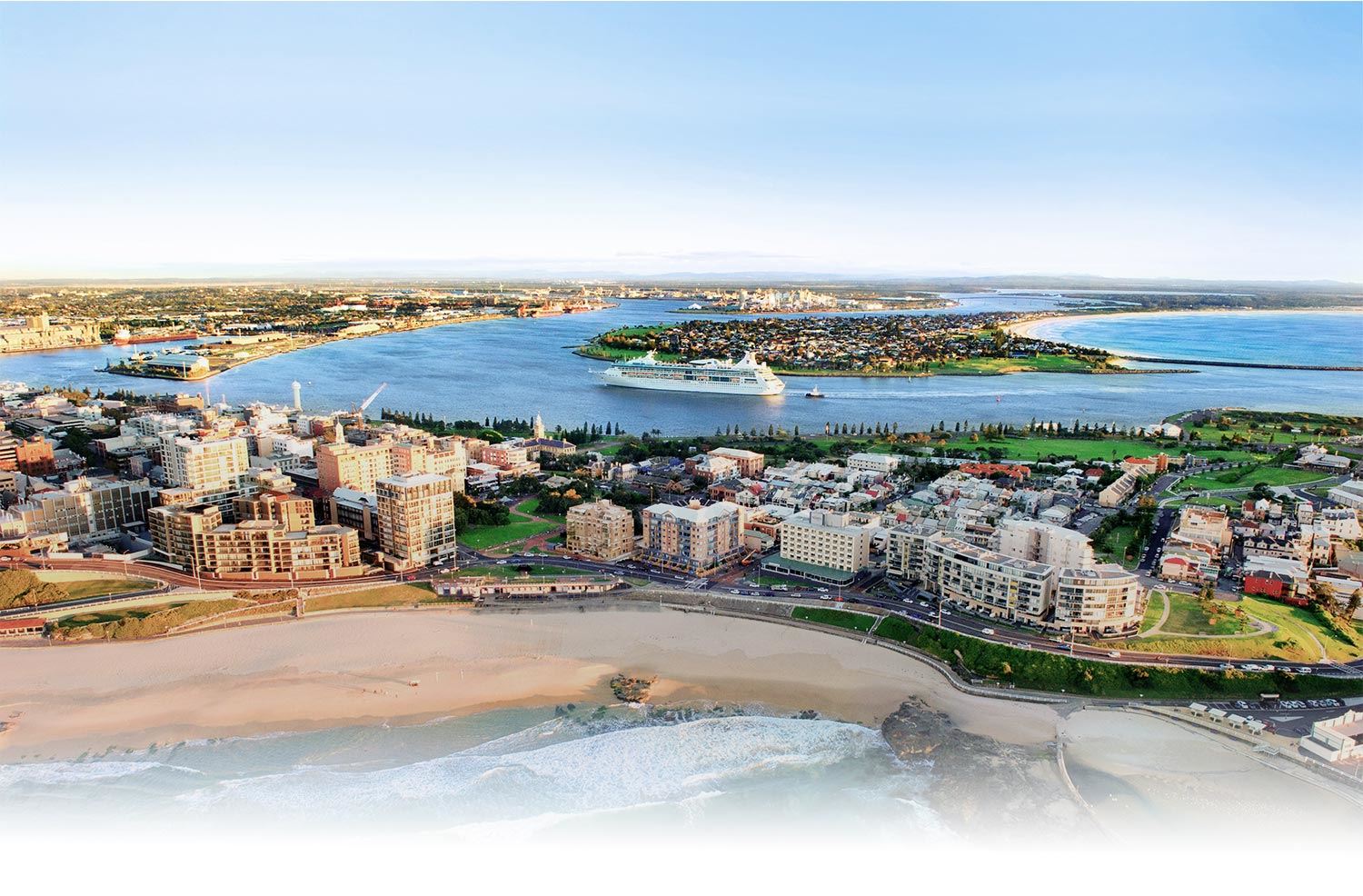
Financials highlight cost of COVID but strong foundation holds City in good stead for future
20 Oct 2021
The two-and-a-half month lockdown of Newcastle is expected to cost the City of Newcastle $8.5 million this year alone with the biggest financial hits coming from the loss of tonnages to the waste management centre at Summerhill, the temporary closure of the Civic Theatre, the closure of the Stockton Holiday Park and a reduction in the number of people using parking meters in the CBD as well as parking tickets being issued.
In an effort to stimulate the local economy as it begins the climb out of lockdown, the City of Newcastle will propose at this month’s Council meeting to increase this year’s infrastructure program by $14 million to an overall record $104.7 million.
The combination of the financial impact of the lockdown combined with the economic stimulus package is forecast to reduce the City’s operating result from continuing operations to a modest surplus of just $2.153 million.
If grants and contributions provided for capital purposes such as developer contributions, state and federal road funding programs are not included then it would be a deficit of $11.635 million.
Due to the City’s prudent management of its financial position prior to the pandemic, the additional infrastructure work can be funded from its cash reserves.
Newcastle Lord Mayor Nuatali Nelmes said the City has made a conscious decision to provide financial relief and support for vulnerable groups and business, and to expand existing services, while increasing investment in projects to stimulate the local economy and support jobs.
"The latest outbreak of COVID-19 and subsequent restrictions have placed significant strain on our community and our current budget, however as a Council we understand the importance of providing targeted responses and support for those in need," Cr Nelmes said.
"Council unanimously voted in August to move forward with additional COVID support measures, including rapid response grants to support our vulnerable community members, business training and mentoring programs and economic development and community grants.
"We have also boosted our 2021/22 works program by more than $14 million to a record $104.7 million, which will support the local economy and help create new jobs.
"These crucial decisions were only possible due to our strong financial sustainability, a legacy of delivering six consecutive operating surpluses prior to the pandemic."
The $8.5 million impact of COVID-19 on the City’s forecast income includes:
- $2.6 million reduction in income caused by waste trucks from Sydney being locked out of the Summerhill Waste Management Centre due to the public health orders affecting the Greater Sydney region
- $2 million loss of ticket sales from the closure of Civic Theatre and other City facilities
- $1 million reduction in parking meter revenue
- $1.3 million reduction in parking tickets
- $600,000 reduction from bookings to the Stockton Holiday Park.
CEO Jeremy Bath said City of Newcastle was well-placed to weather these short-term economic fluctuations because of its strong financial foundations, while the increased works program will have far-reaching benefits.
“Just like the majority of businesses and organisations in our city and region, our organisation has been significantly affected by COVID-19,” Mr Bath said.
"We are fortunate that, despite the impacts of COVID, we have been able to manage these financial setbacks without them threatening the sustainability of the organisation or requiring us to consider other measures such as rate increases or reduced staffing levels.
"Prudent economic management has enabled us to cope with this economic downturn, while our decision to increase our works program to a record $104.7 million will stimulate the local economy, provide enhanced facilities for our community and create new employment opportunities, with every one million dollars we spend generating about 10 new local jobs.
"Importantly, the budget will continue to be fully funded from the City's cash reserves, which have been built on the back of six years of strong financial management and surpluses."
Mr Bath said the Long Term Financial Plan adopted earlier this year indicates that the budget will be in surplus next year and remain so for the next 10 years, allowing the City to continue to support existing services and invest in new and upgraded infrastructure to improve the livelihood and wellbeing of our community.










